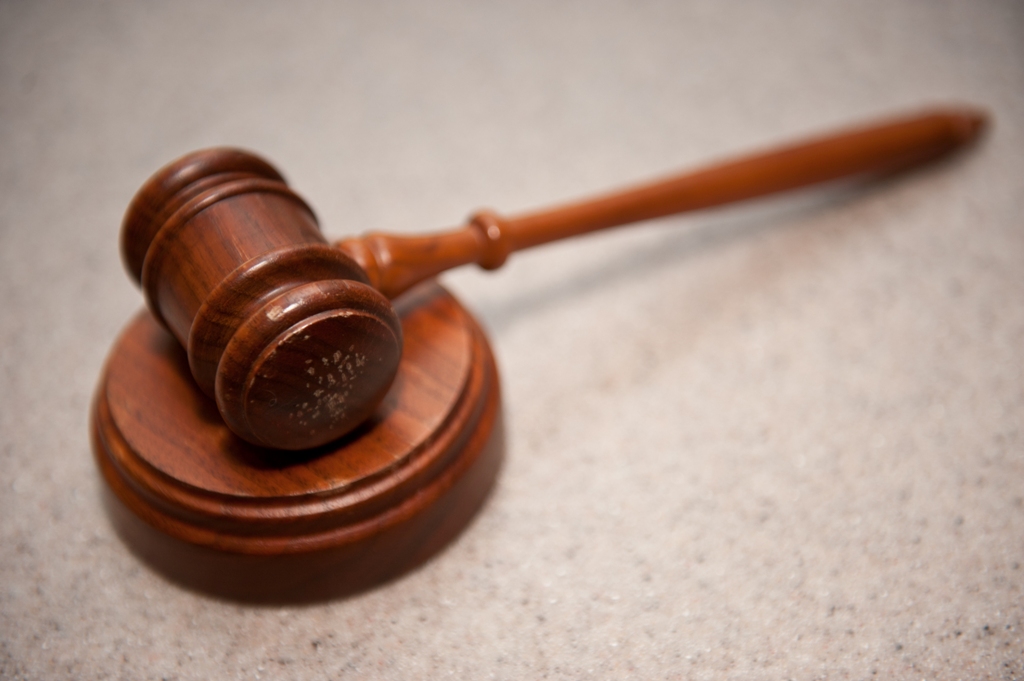
The rift within the judiciary may widen after the Judicial Commission of Pakistan’s (JCP) meeting wherein consensus could not be evolved among members on the nomination of Lahore High Court Judge Ayesha Malik.
Senior lawyers unanimously agreed that the biggest victim of the September 9 JCP meeting was nominee Justice Ayesha Malik, who was surrounded by controversy without any reason.
Similarly, it also went bad for Chief Justice of Pakistan (CJP) Gulzar Ahmed, whose recommended name could not be approved by the majority JCP members. It’s the first time in the JCP’s history that the CJP's nominee could not be approved for elevation to the Supreme Court.
Lawyers believe that when it was clear that majority members would not support her elevation to the SC, the JCP might have postponed/cancelled it before time.
It is learnt that during the meeting, JCP members including Justice (retd) Dost Muhammad Khan, who opposed her nomination, were willing to defer her matter for the time being. Attorney General for Pakistan Khalid Jawed Khan also suggested to defer the matter. However, one JCP member did not agree with their suggestion.
It is also learnt that during the meeting, Justice Umar Ata Bandial tried hard to convince four JCP members to approve Justice Ayesha's nomination, saying that otherwise they might be defamed for not endorsing the nomination of first woman judge for appointment to the Supreme Court.
Justice Sardar Tariq Masood gave his written objections on a woman judge’s nomination to the JCP.
Lawyers believe that senior JCP judges should have accepted the AGP’s suggestion to defer the matter until finalising the objective criteria on judges’ appointments.
It is an open secret that there is division among the Supreme Court senior judges regarding the criteria about appointment/elevation of judges.
Sources told The Express Tribune that JCP member Justice Maqbool Baqar, who opposed Justice Ayesha's nomination, pointed out that there is perception of “court packing”. He urged the JCP members to evolve the objective criteria on judges’ appointments.
Justice (retd) Dost Muhammad Khan also offered his services to talk with bar representatives to evolve the objective criteria. However, CJ Gulzar said that it is the JCP’s job to finalise the criteria.
Read More: Why JCP didn’t choose senior SHC judges
Lawyers are wondering why the senior JCP members were not agreeing to sit with bar leaders and finalise the objective criteria.
The sources revealed that top judges were considering to clarify the criteria of judges’ appointment through the judicial side.
It is learnt that the larger bench may take up constitutional petitions against the appointment of junior high courts judges to SC.
Legal experts believe that the composition of a bench will be significant to decide this constitution bench. Therefore, they say that the CJP should constitute a larger bench in a manner wherein nobody could raise a finger.
The relationship between senior SC judges and the bar is not cordial as the latter is also protesting against “out of turn elevation of high courts judges to the apex court”.
Similarly, harsh words were exchanged between CJ Gulzar and former Supreme Court Bar Association President Kamran Murtaza in the courtroom on Friday.
It is being witnessed that a section of top judiciary and the federal government have remained on the same page on various issues in the last couple of years. Likewise, other section of judges and superior bars have endorsed each other on several matters.
The two-year tenure of Justice (retd) Dost Muhammad Khan will end in November/December. Under the JCP rules, the chief justice may nominate a new retired SC judge as a JCP member. There is a chance that after the appointment of a new retired judge as JCP member, Justice Ayesha's name may be again initiated for the appointment of SC judge.
However, it is the need of the hour that both sides should evolve consensus on criteria of judges’ appointment otherwise differences among the SC judges will weaken the whole institution of judiciary.

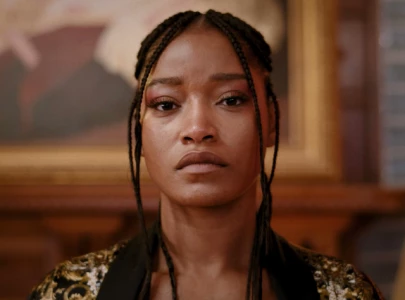

1672385156-0/Andrew-Tate-(1)1672385156-0-165x106.webp)



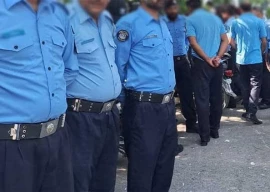




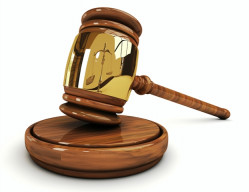
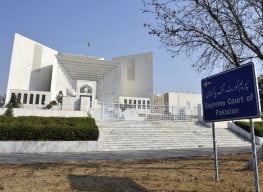
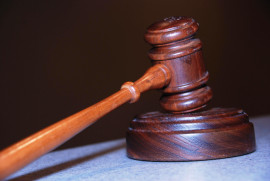






COMMENTS (1)
Comments are moderated and generally will be posted if they are on-topic and not abusive.
For more information, please see our Comments FAQ